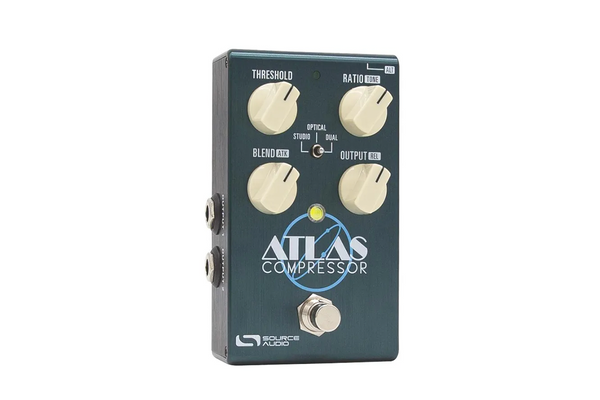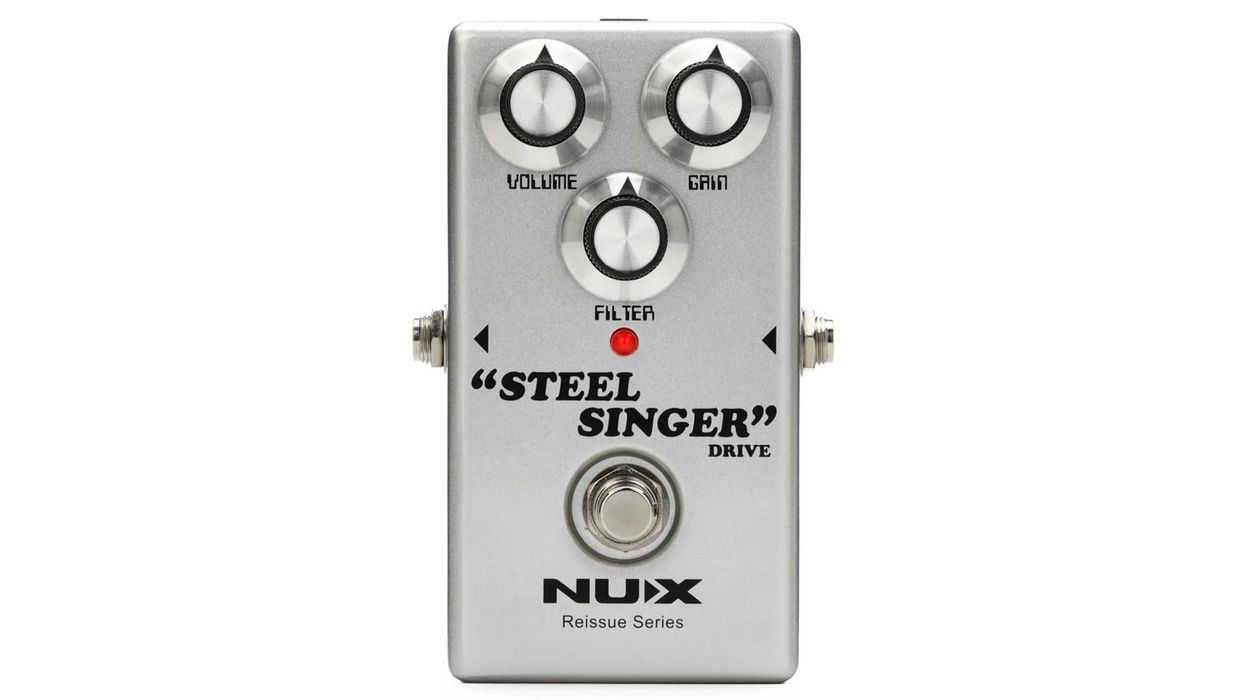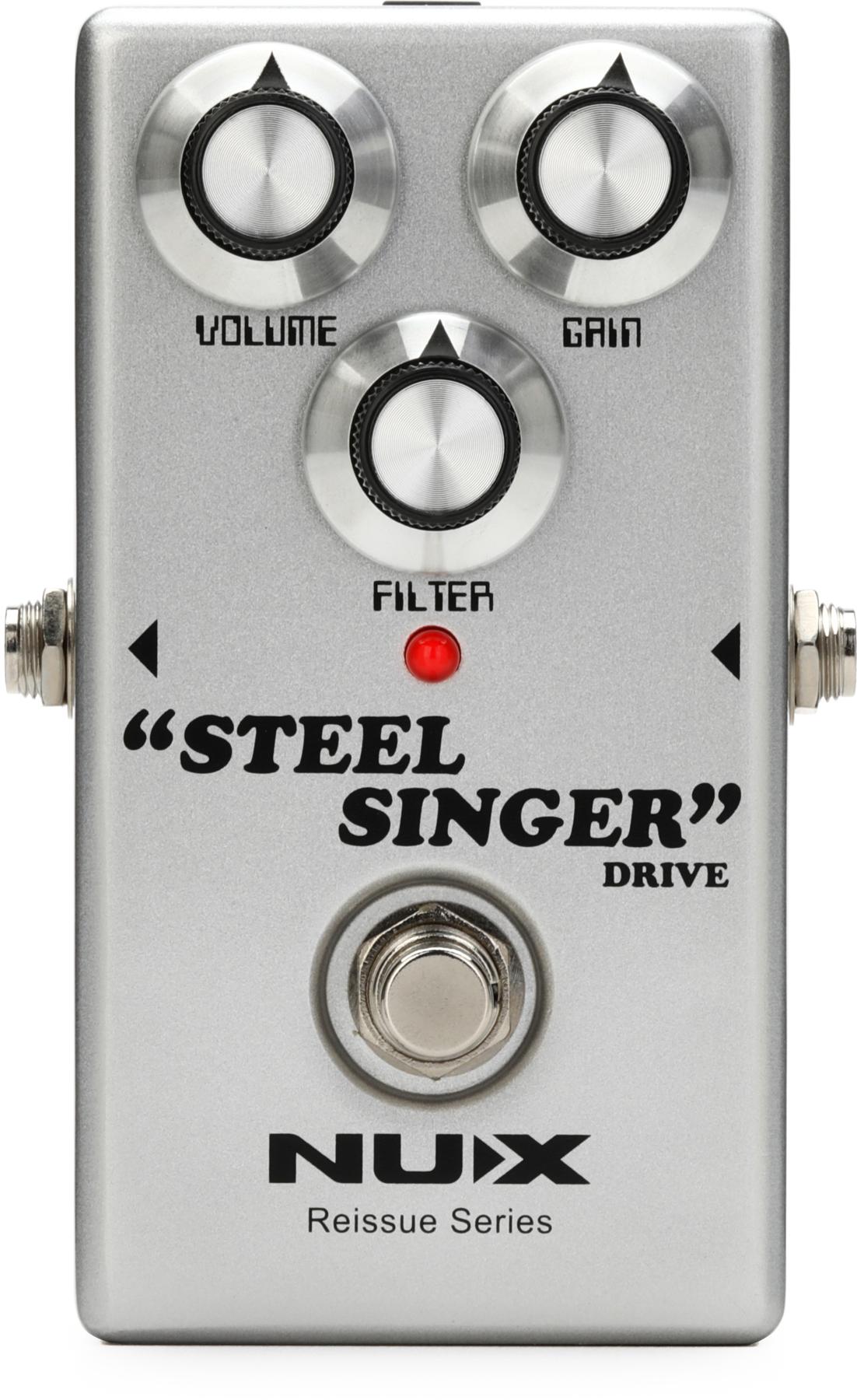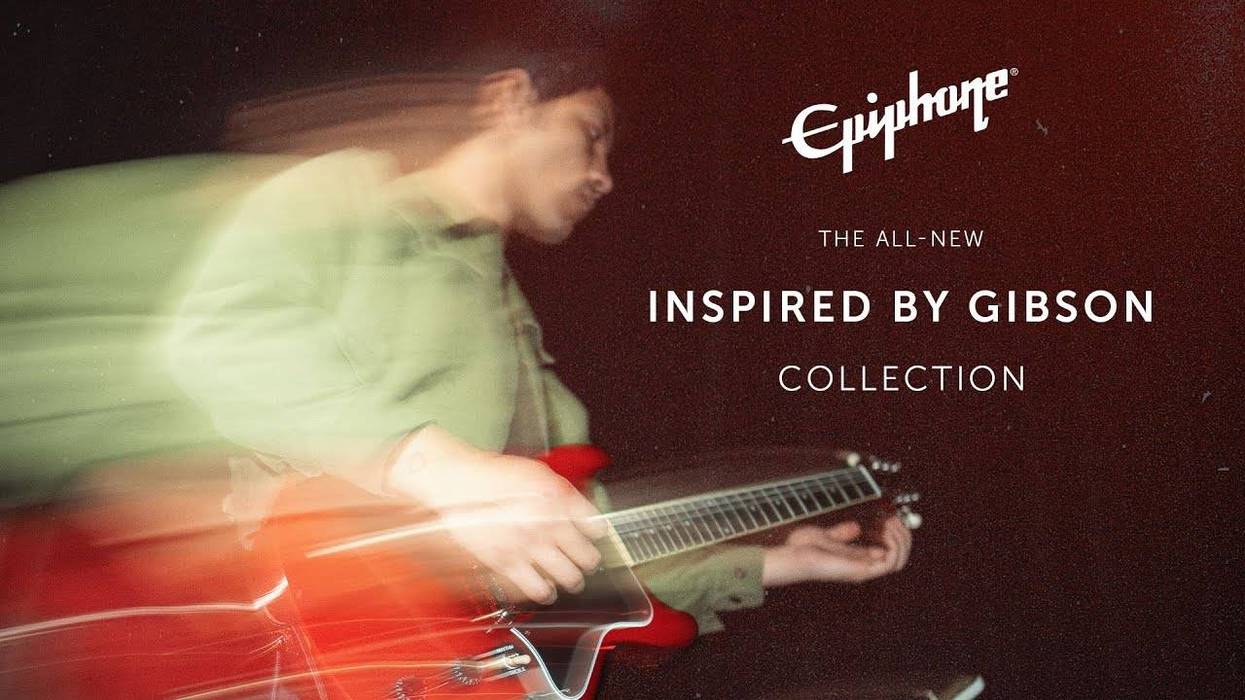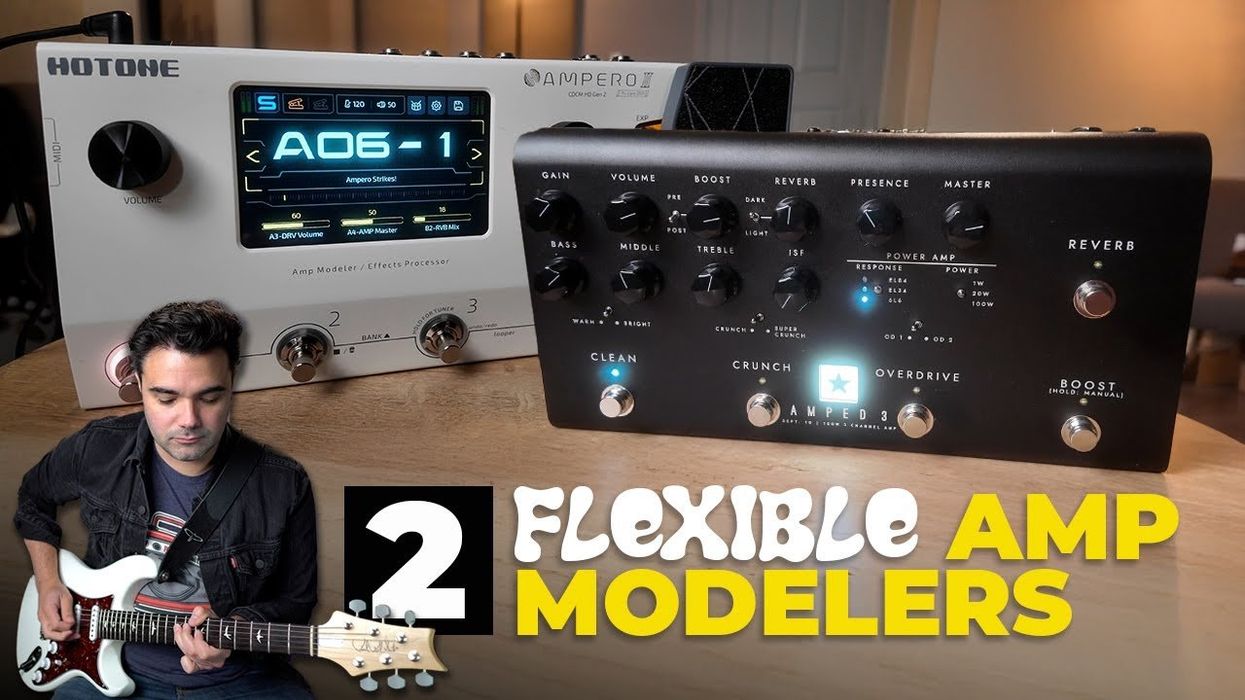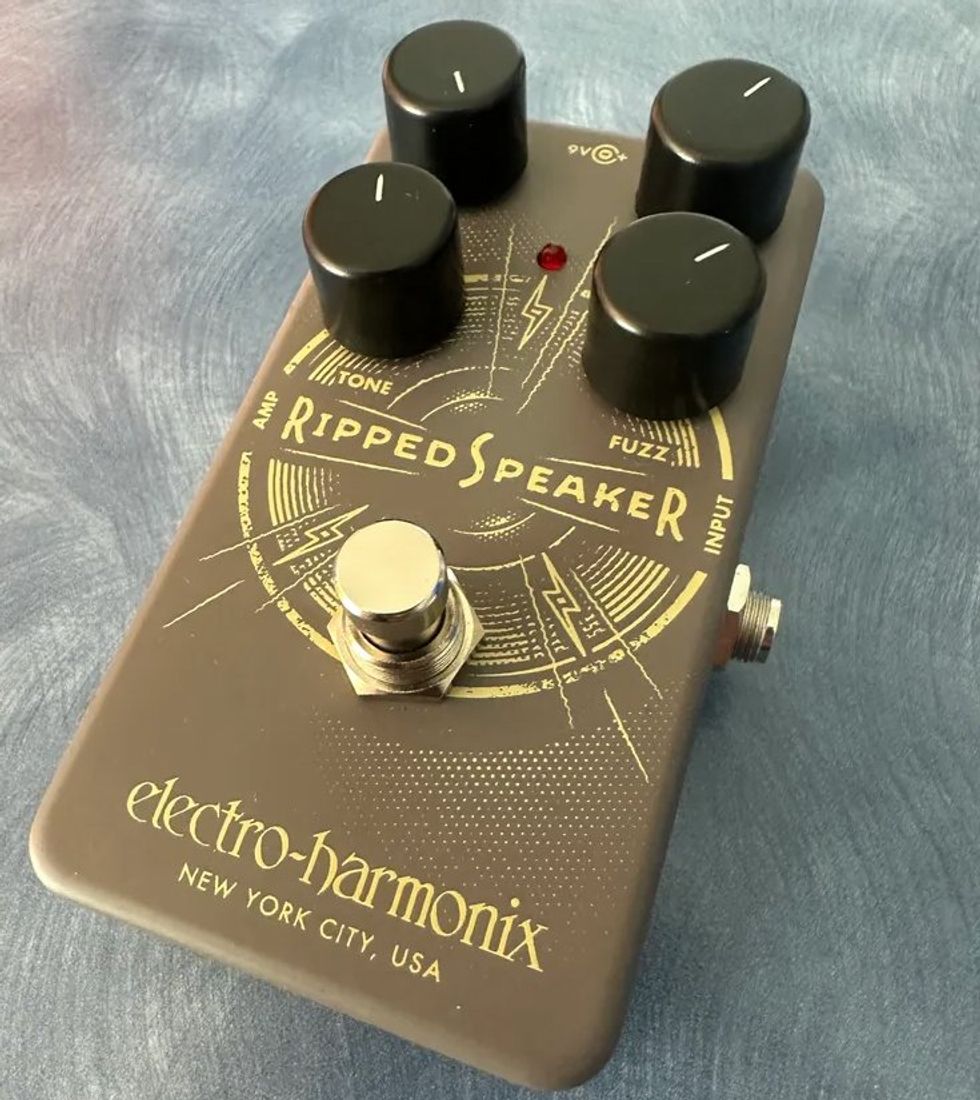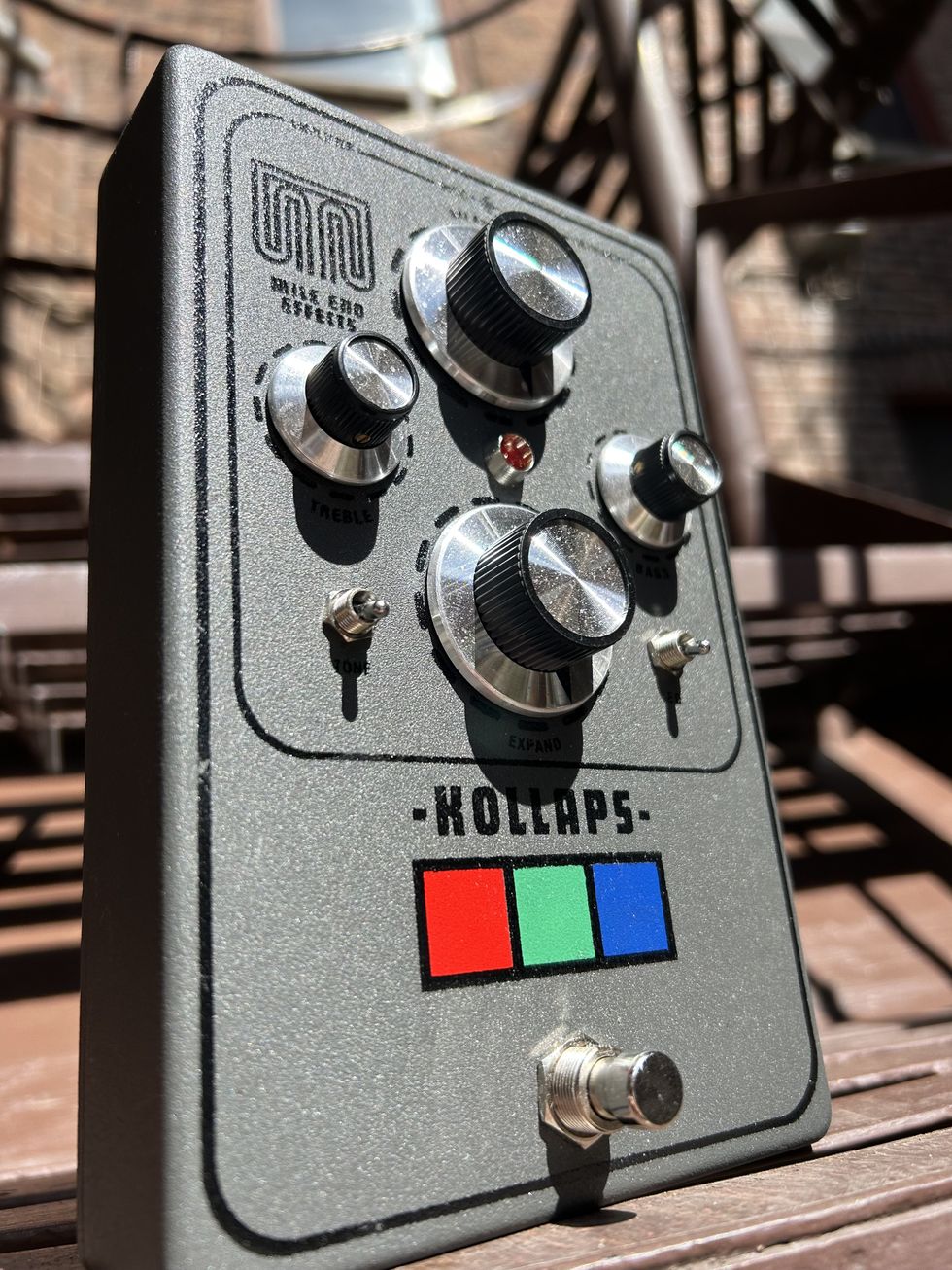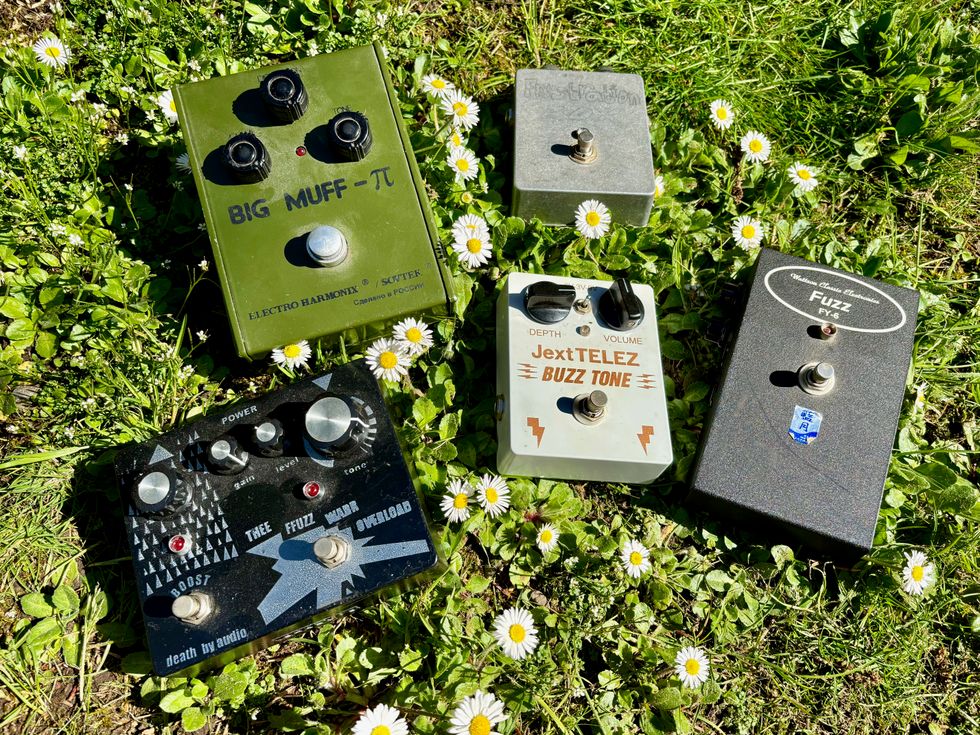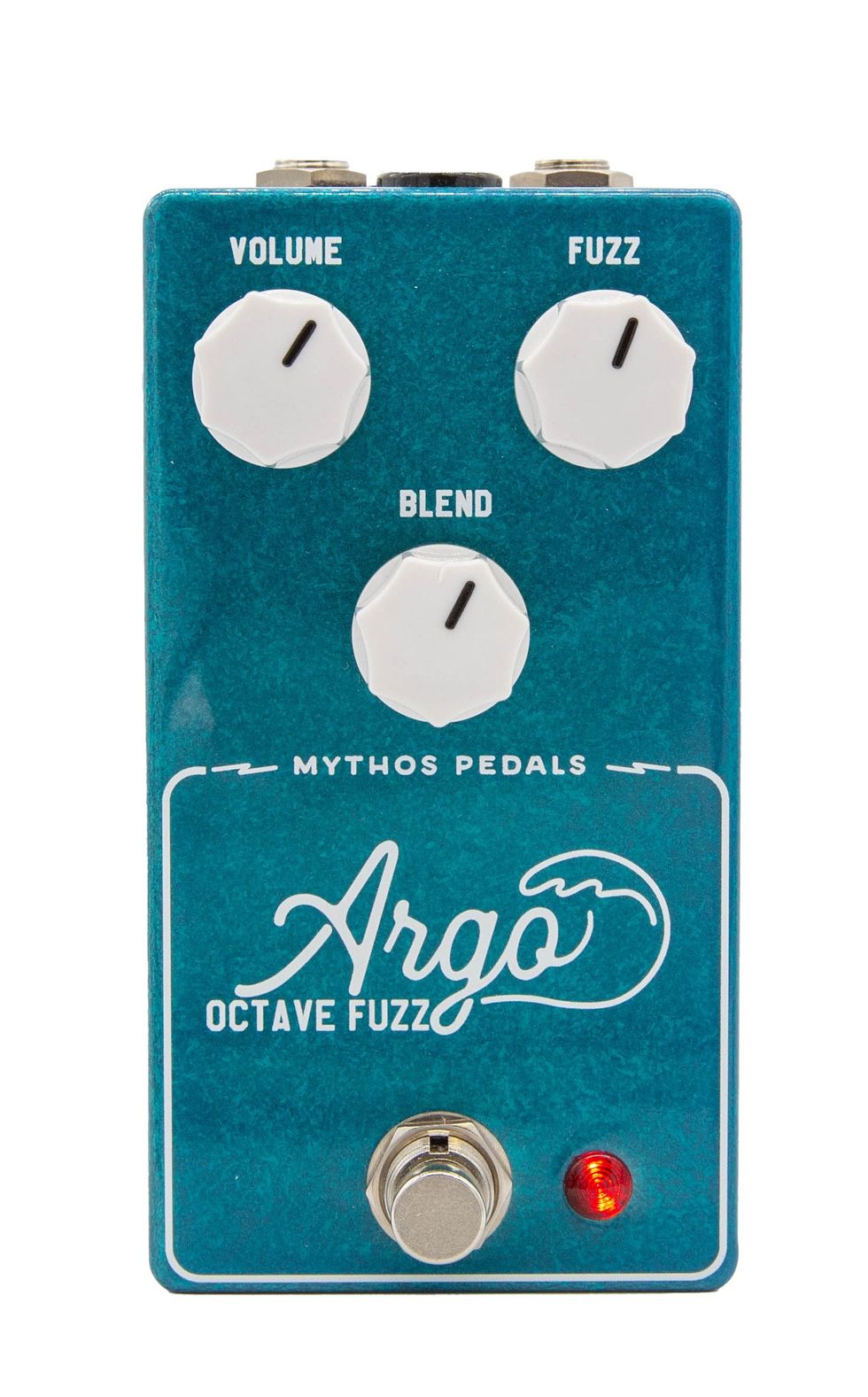The divide between pedal compressors and professional studio stuff has always been pretty wide. More recently, though, crafty digital builders have wrangled sound closer to studio-grade in stompboxes—Origin Effects’ Cali76 line or Strymon’s Compadre, for instance. The new Atlas Compressor from Source Audio takes that effort to new heights. It’s a simple 4-knob comp when you want it to be, or an almost limitlessly adjustable compression utility tool when you need more control. And, as we’ve experienced in many clever Source Audio releases, there’s lots more lurking behind the streamlined face of the pedal.
Comprehensive Coverage
It’s helpful to think of the Atlas as an amalgam of guitar pedal, studio compressor, and software plug-in. And the fact that it moves between the three worlds is cool, because while you don’t have to obsessively pore over every feature and possibility to make great sounds, you can take a very deep dive into its impressive under-the-hood capabilities. Those capabilities are too extensive to cover completely here. But the ability to move between simplicity and complexity is a big part of what makes the Atlas so fun and capable.
The Atlas comes with six basic compressor modes, which you access via the 3-way toggle. Studio 76 (an 1176-style comp), optical rack (an LA-2A), and dual band are available in standard mode. Studio snap (an aggressive VCA comp emulation), cubic zirconia (a more textured LED optical compression), and dual jangle are accessed via the “alt” button. Those six modes alone provide a wealth of tone massaging options, but additional programmability extends the possibilities of those modes significantly.
The ability to move between simplicity and complexity is a big part of what makes the Atlas so fun and capable.
The Atlas comes in Source Audio’s more compact One Series enclosure, an extruded-aluminum box that measures 4.5" x 2.75" x 2"—knobs and all. The four knobs control threshold, ratio, blend, and output, but also function as gain, tone, attack, and release when you press the alt button. The same button enables the 1/8" TRS control input, which can be connected to a dual expression pedal (not included) and other features. Additionally, the footswitch can be configured for analog-buffered output or relay-based true bypass.
Inputs 1 and 2 and outputs 1 and 2 mean the Atlas can be used in true stereo with the dual comp engine set appropriately. There’s also a USB port for MIDI functionality and connection to Android and iOS devices or Source Audio’s powerful Neuro Editor, which is where the lion’s share of the pedal’s extended capabilities lie. Neuro enables detailed and comprehensive preset editing and facilitates loading sounds into the pedal itself. And the potential for control via mobile devices makes live access and on-the-fly changes possible at a gig. Have I mentioned the bass optimization mode, 128 user presets, Neuro preset sharing, and look-ahead mode? Again, there’s little room to cover those in detail here, but Atlas is rich with sounds that you’ll miss if you just plug in and play.
Main Squeeze
I tested the Atlas with a tweed Fender and Marshall-style amps as well as a Les Paul and Rickenbacker 365, and these very simple rigs yielded a dizzying number of possibilities. Fundamentally, the Atlas sounds good—as in really good. If you’ve done the rounds with all the great compressor pedals currently available and never found the example that nails the sound you’re looking for, the Atlas’ expansive, minutiae-level controllability could make it the one that does the trick. I turned most often to variations of the optical mode—perhaps because it offered a compressor template most familiar to my ears. But within just that one style of comp, the Atlas offered what felt like near-infinite adjustability—everything from singing, sustaining, squash-and-swell sounds to detailed, harmonic-rich, and muscular jangle.
The Verdict
Digital compression is not easy to execute at this level of detail. So, the quality and number of sounds here is genuinely impressive. The core sounds would probably fool a lot of analog studio hounds. It’s impressively quiet, too. And while the Atlas’s basic sounds are compelling, its editability and preset capabilities can lead to unexpected discoveries and cool performance possibilities. You’ll need to spend some time with the manual, but the Atlas pays major dividends to those willing to study up

